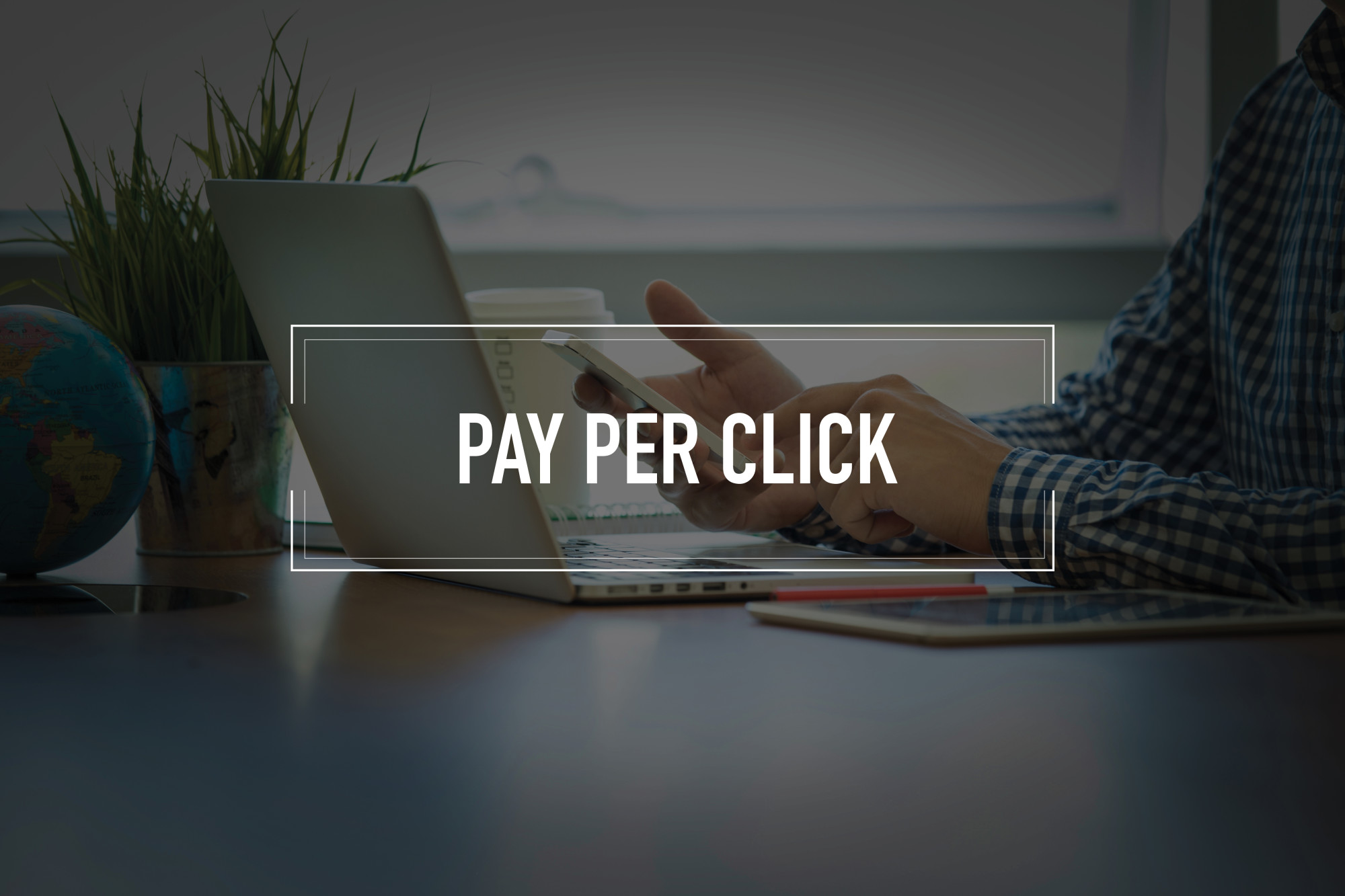
If you own an eCommerce store, the first thing on your mind is “how to sell your product?” You will fail miserably without the proper marketing tool despite having a gorgeous website and excellent products. If you want to drive target audiences to your site, then paid advertisements can help.
Small businesses usually pay up to $10,000 on paid advertising. If this marketing strategy is done correctly, they can expect a phenomenal ROI and profits. If you are ready to skyrocket your business, continue reading to learn more about this paid strategy.
What Is Paid Advertising?
Paid advertising is where marketers compete in real-time auctions for the right to display their ads on a certain platform or network. Algorithms determine which advertisement to display in a given online slot. The criteria are often a combination of bid amount and ad quality, but may vary depending on the platform employed.
PPC is an acronym for Pay-Per-Click advertising, which means that you pay each time someone clicks on one of your ads. This technique is different from earned or owned advertising. That’s where you use a platform to promote your content for free.
What Are the PPC Advertising Categories?
Advertisements come in various styles and media, including text, graphics, and video. Several platforms offer the option of automatically favoring ads that perform well with your objectives.
There are several targeting options available, however, most of them fall into two broad categories:
Search Advertisements
These occur in response to someone actively looking for certain keywords. They often appear on a Search Engine Results Page (SERP) and address a specific question.
Display Advertisements
They appear when someone meets specified targeting criteria, such as demographics or interests. It often occurs when someone is surfing the web or an app, which may seem disruptive.
What Are the Channels for Paid Advertising?
You want the best search results, so why not check out different types of paid advertising. Here is a list:
Google Advertisements
Google Ads is the internet’s most well-known and longest-running advertising platform. Its advanced infrastructure enables you to advertise on the Google search engine and YouTube. Google uses machine learning to match keywords and customers based on your campaign.
The platform is primarily built on a Pay-Per-Click model. It’s determined by your willingness to bid and your quality score. This score is the quality of your ads and landing pages.
Microsoft Public Relations
Microsoft Advertising operates like Google Ads. You can import your Google AdWords campaigns directly into Microsoft Advertising. Your advertisements may display in the search results of Bing, Yahoo, MSN, Cortana, and Amazon devices.
The site also employs a Pay-Per-Click model that takes your bid amount and quality score into account. The bids are often lower than those on Google since marketers don’t use the platform that much. However, you should anticipate less traffic than Google due to Bing’s lesser market share, which varies by geographic location.
LinkedIn Advertisements
LinkedIn Ads is a platform-wide advertising service that focuses on professionals. You may filter users based on their job title, the industry or firm they work at, their hobbies, and geographic location. The platform operates on a Pay-Per-Click basis.
Facebook Advertisements
Facebook Ads enables advertising on Facebook, Messenger, and Instagram. You may select users based on various factors, including their hobbies, the sites they visit, and even their friend’s attributes. As with other platforms, they operate on a Pay-Per-Click basis through real-time auctions.
Learn More About Paid Advertising
Paid advertisement requires some trial and error. You will need to test out your campaign, copy message, and target audience to find a winning combo. After that, it’s smooth sailing from there.
Before diving into paid advertising, make sure you have enough budget. The last thing you want to do is dry up your business account. After that, contact us to learn more about paid advertising.